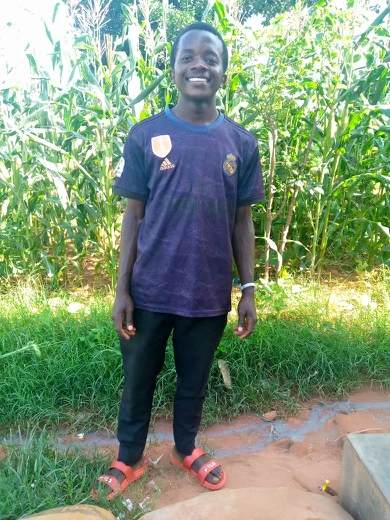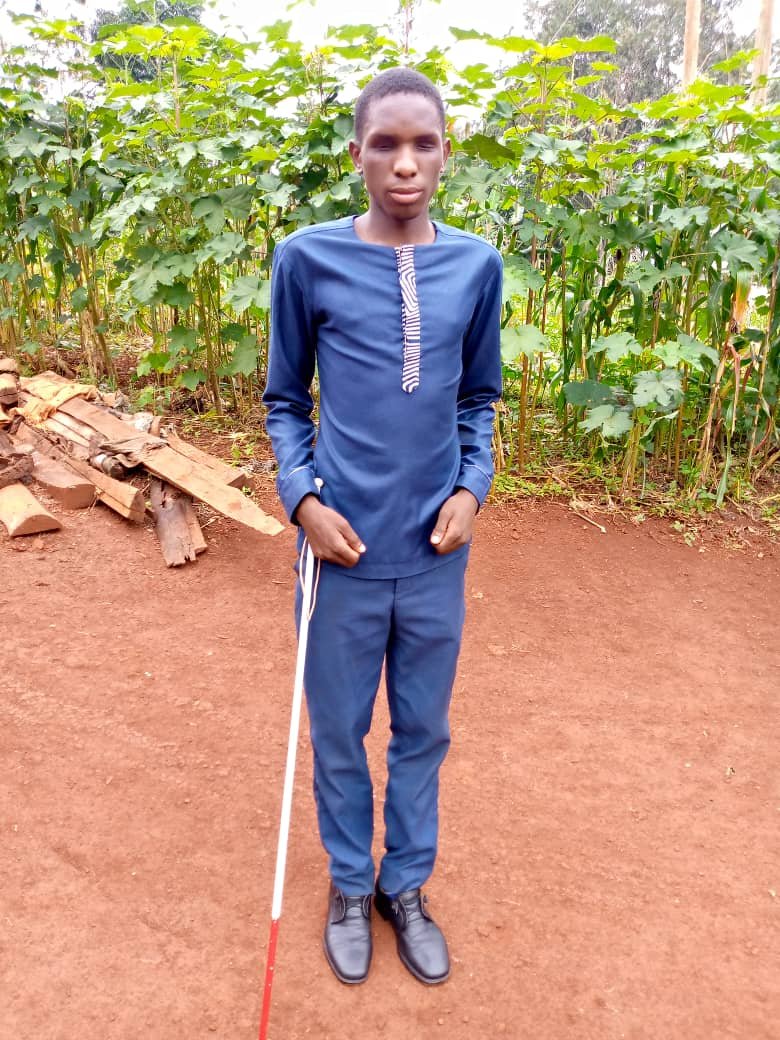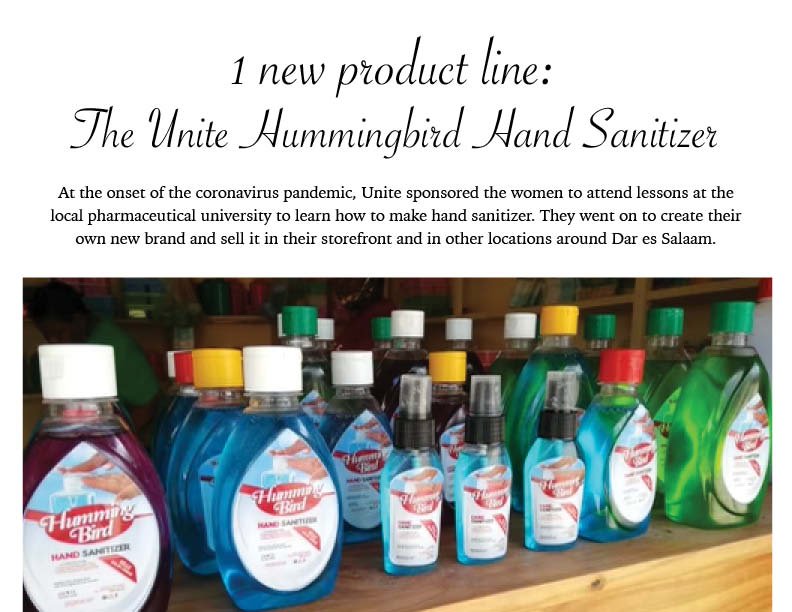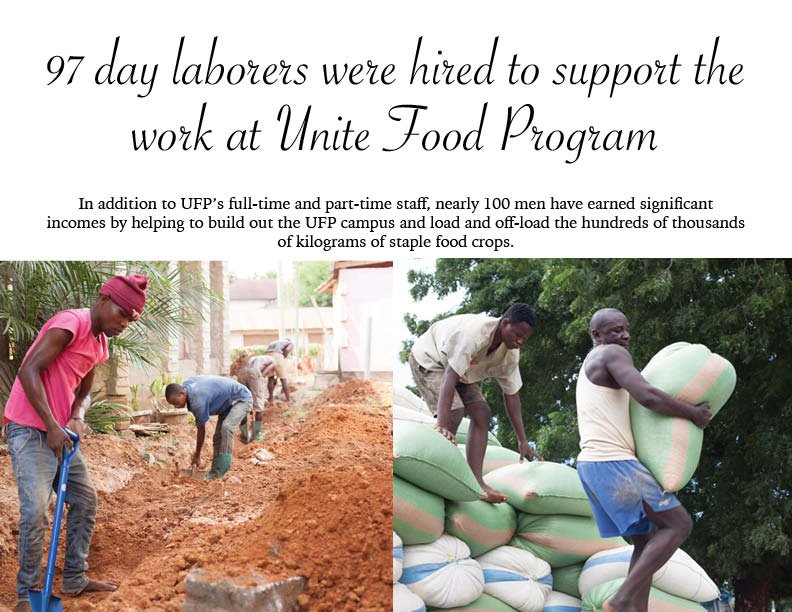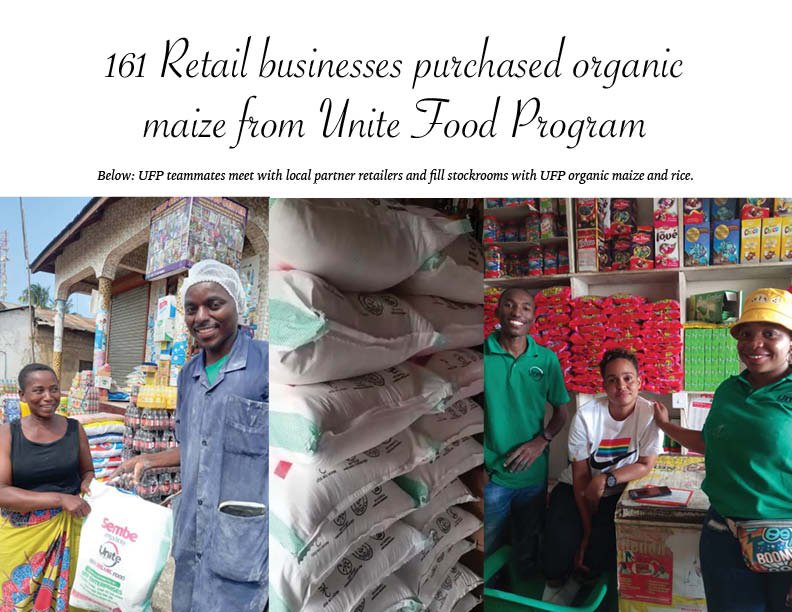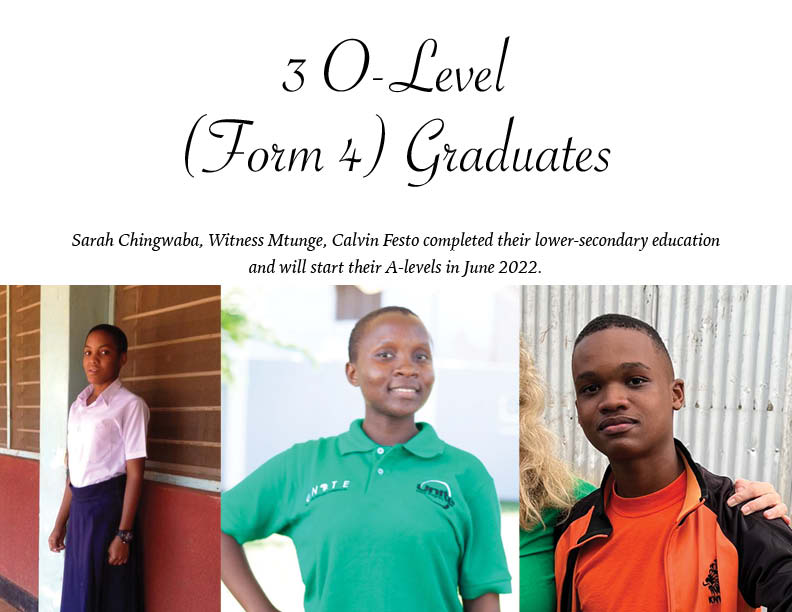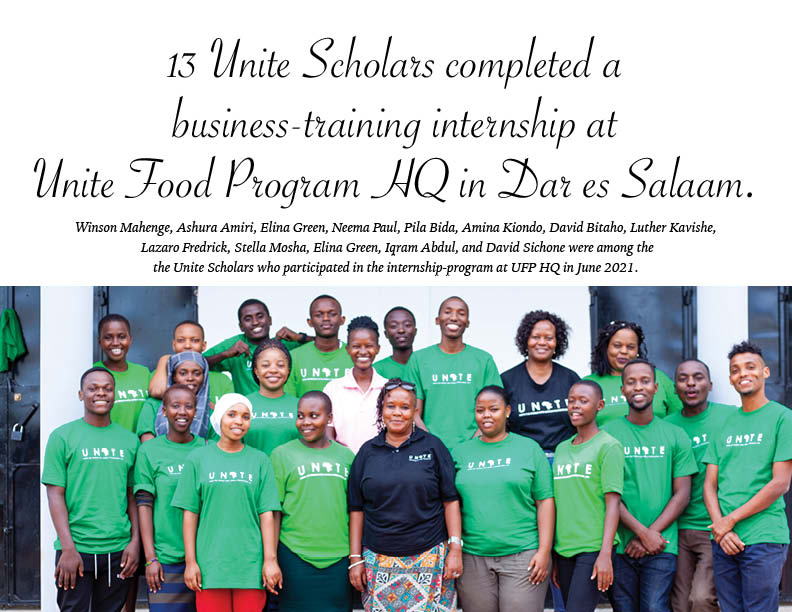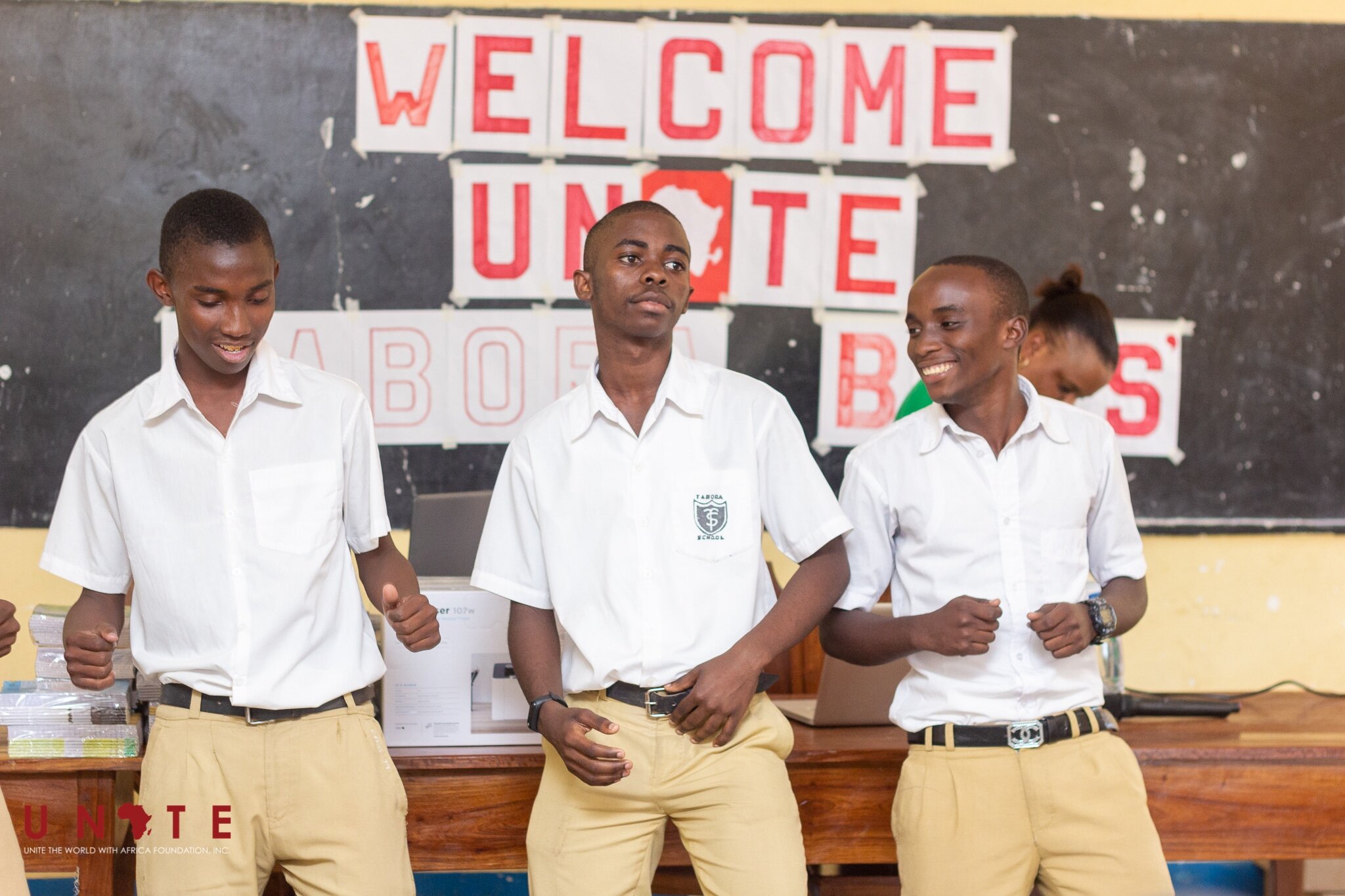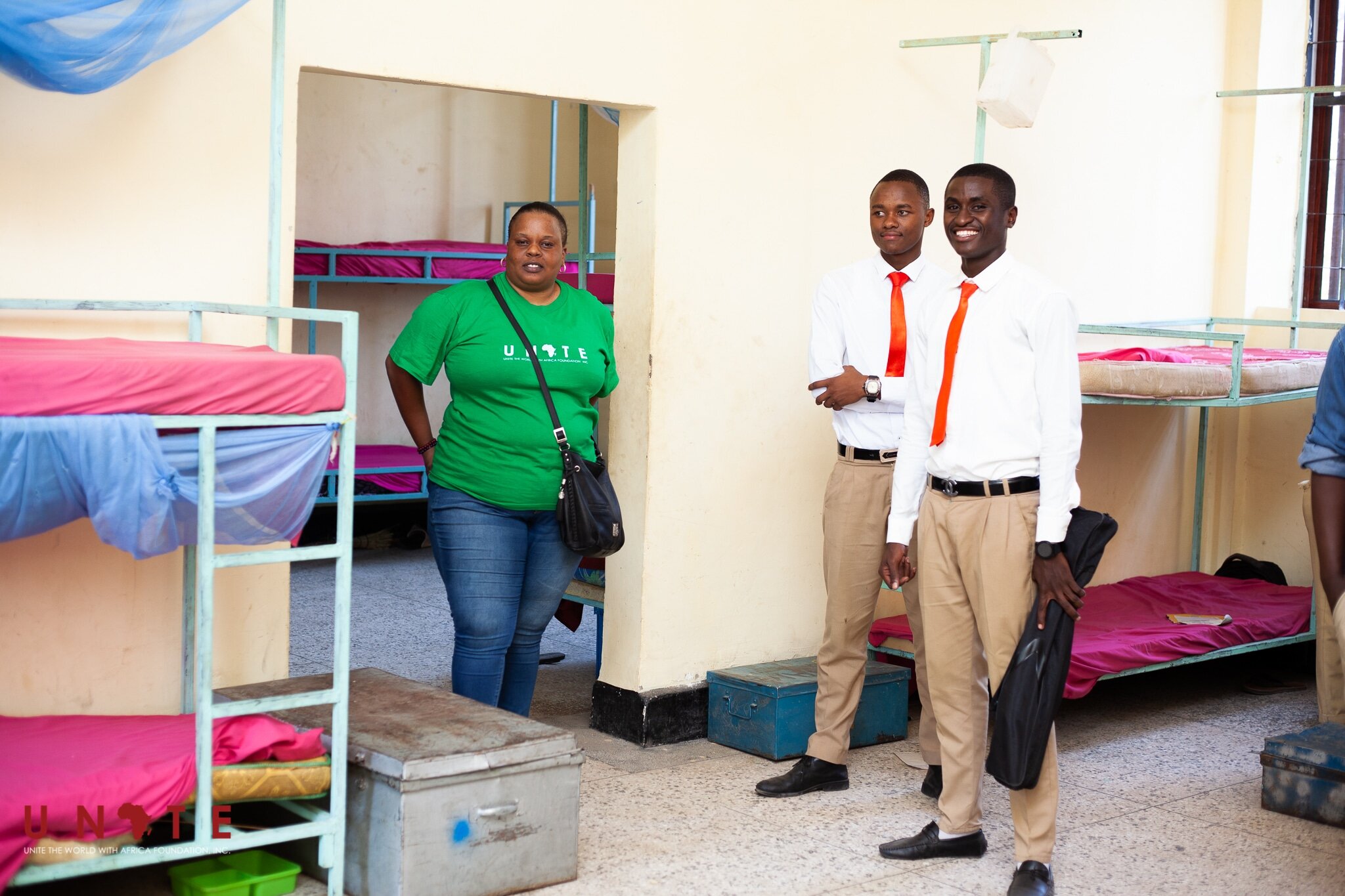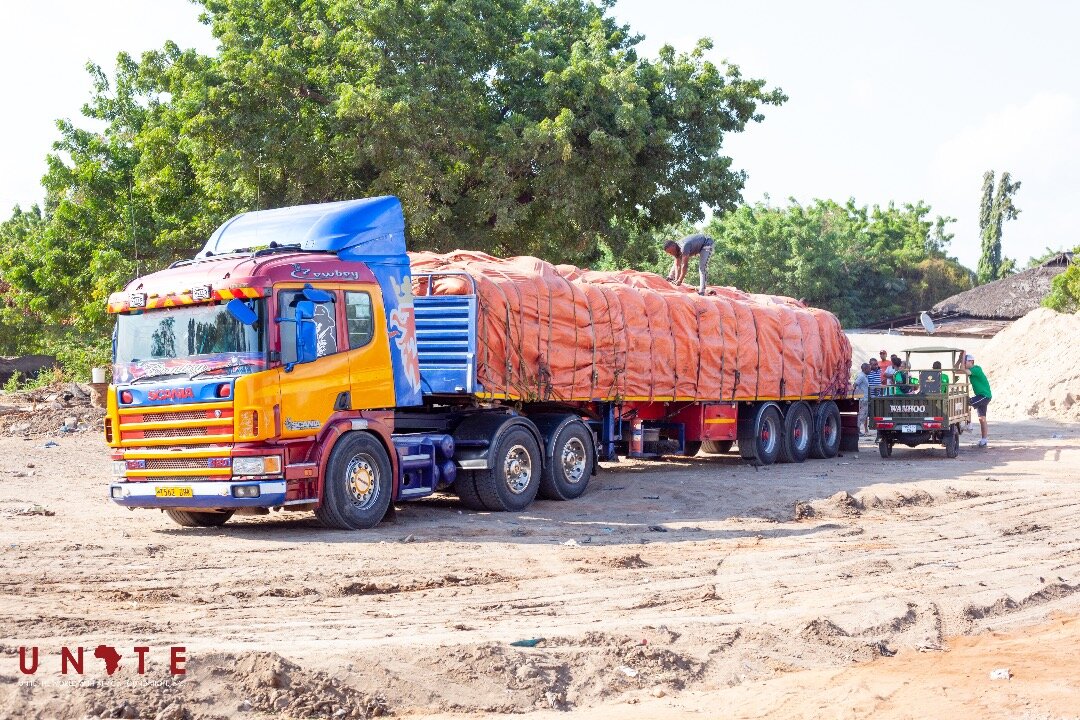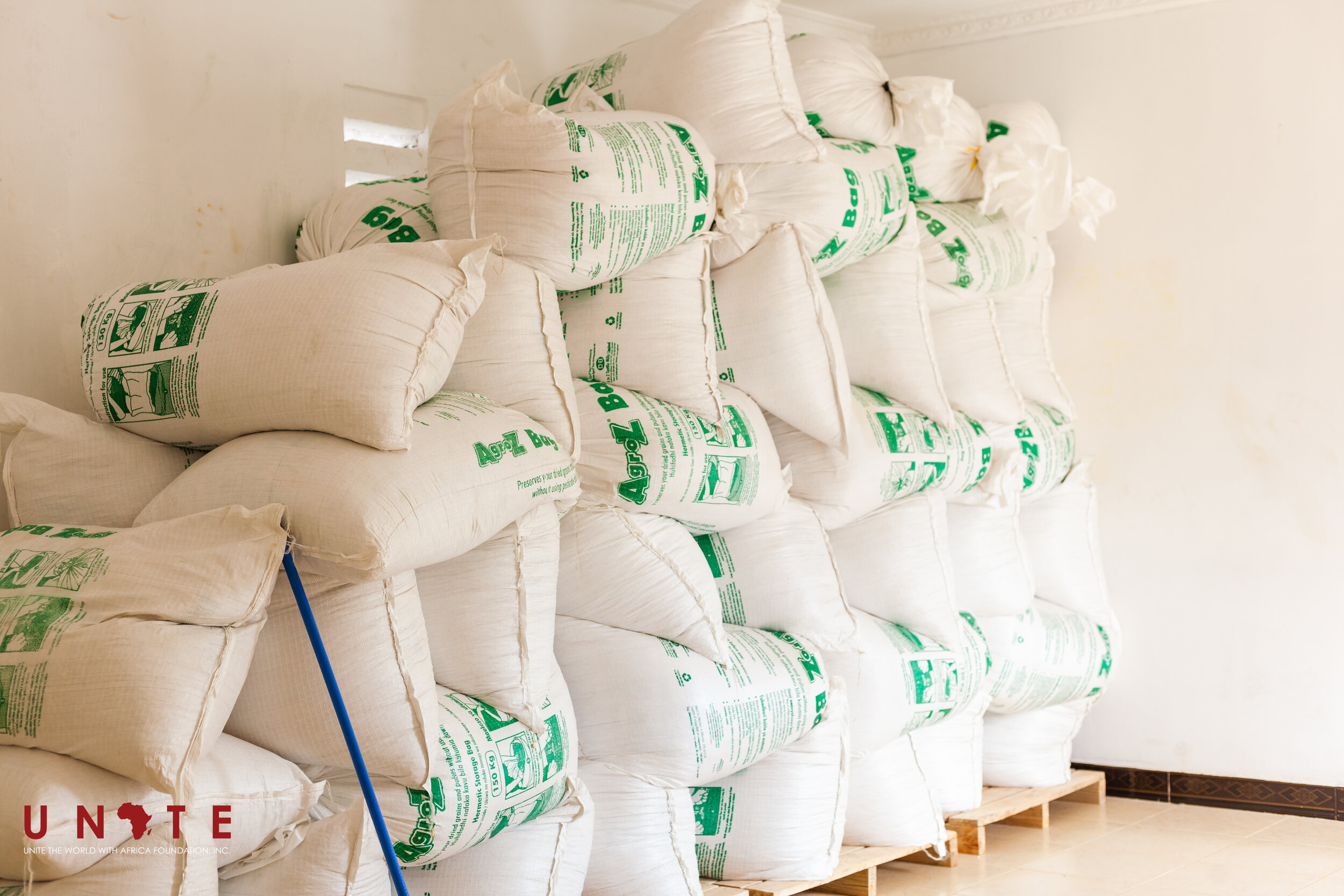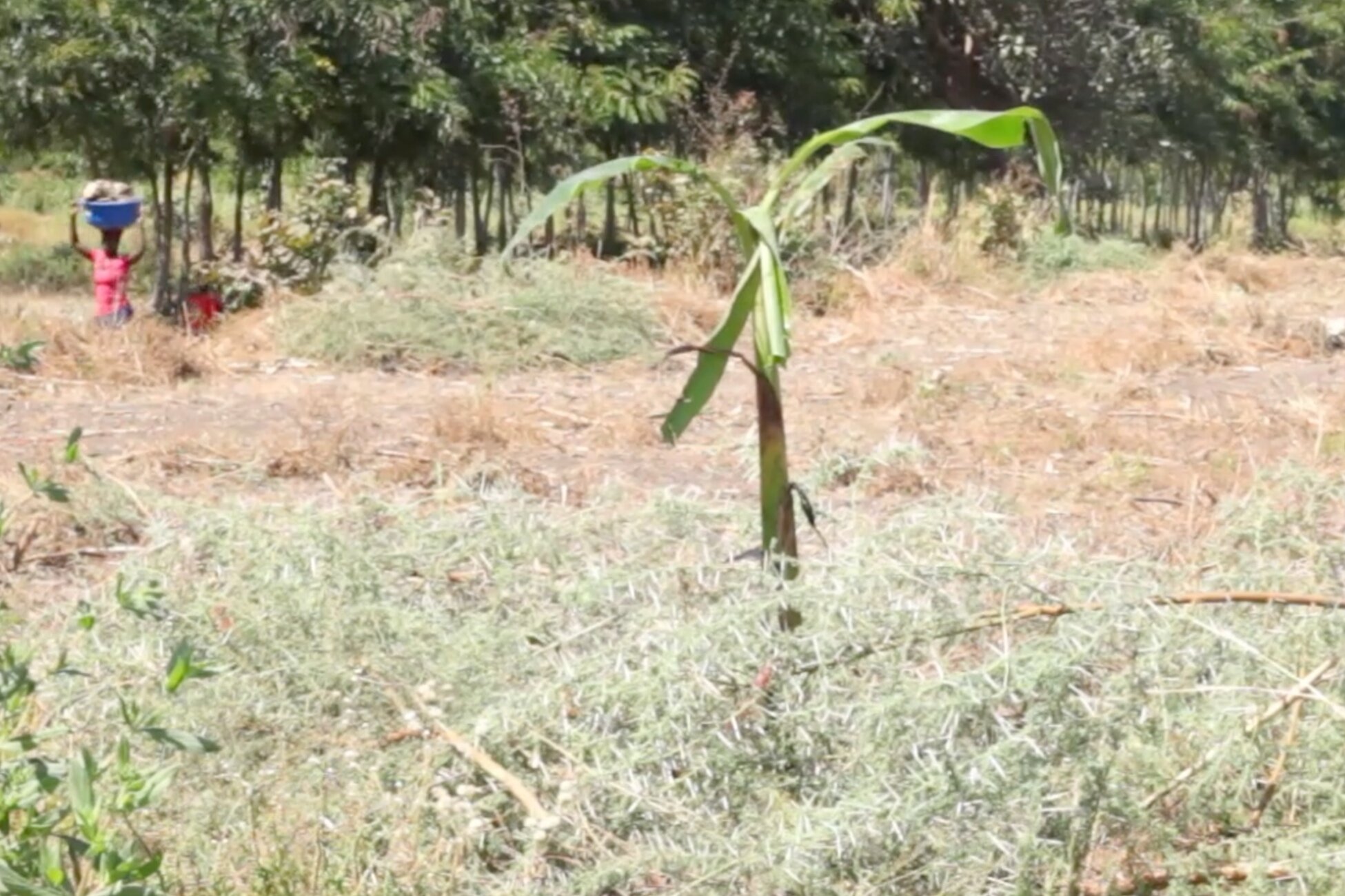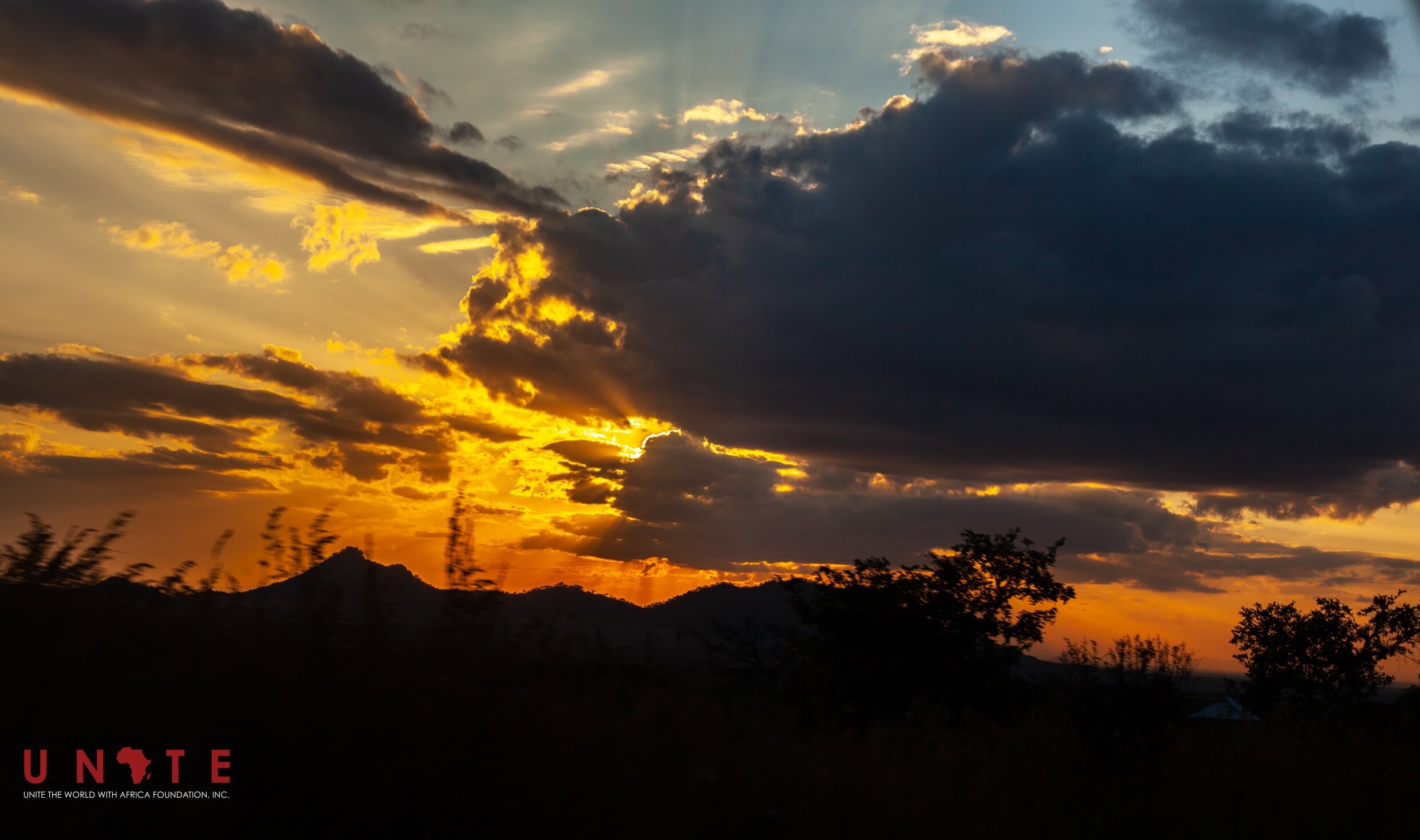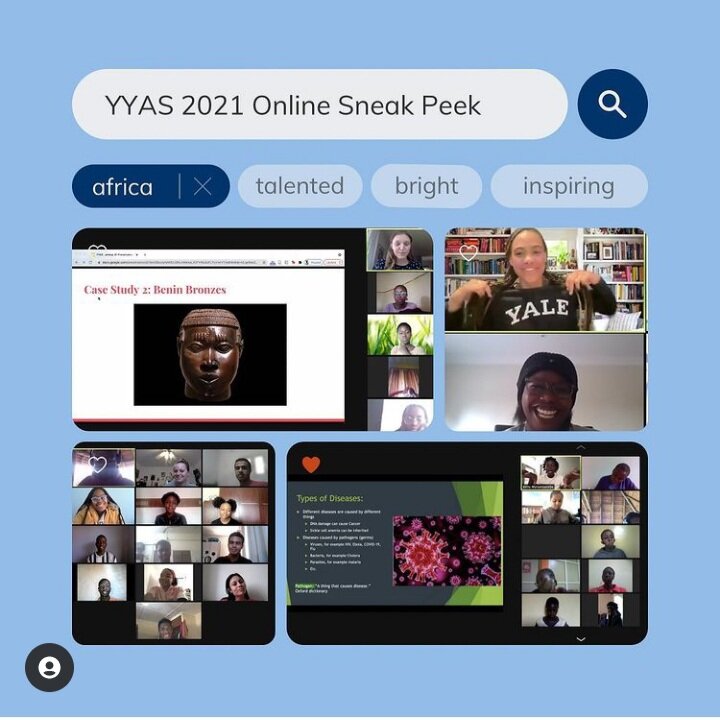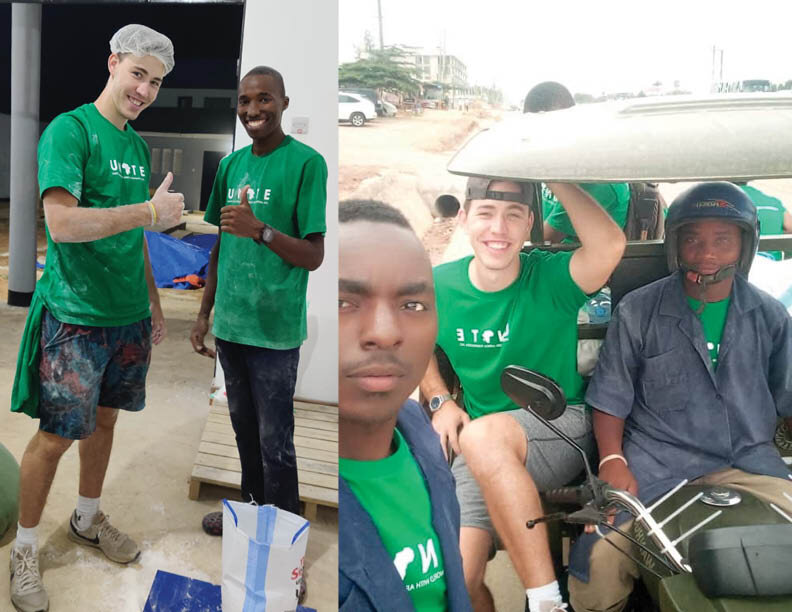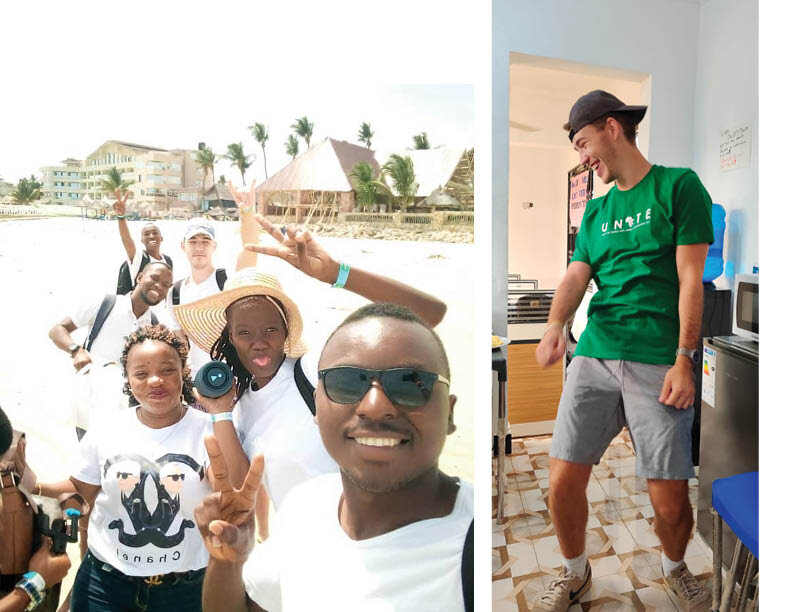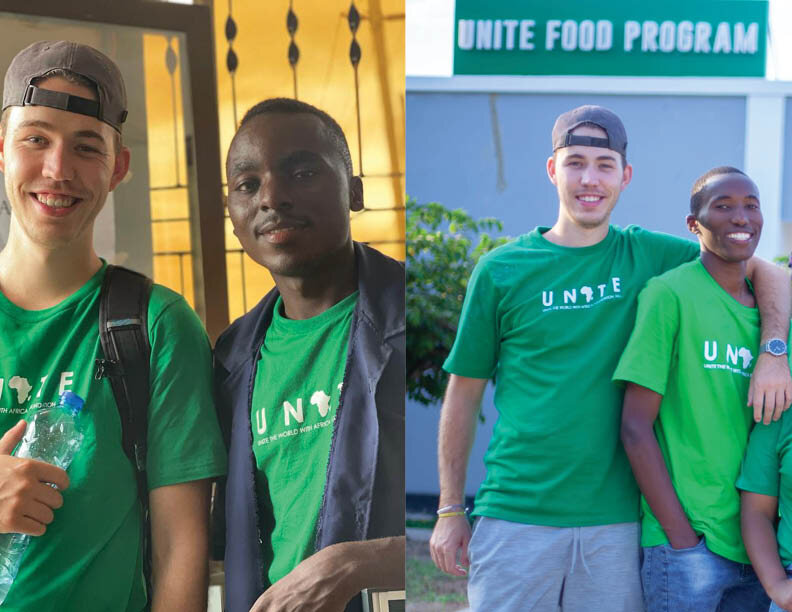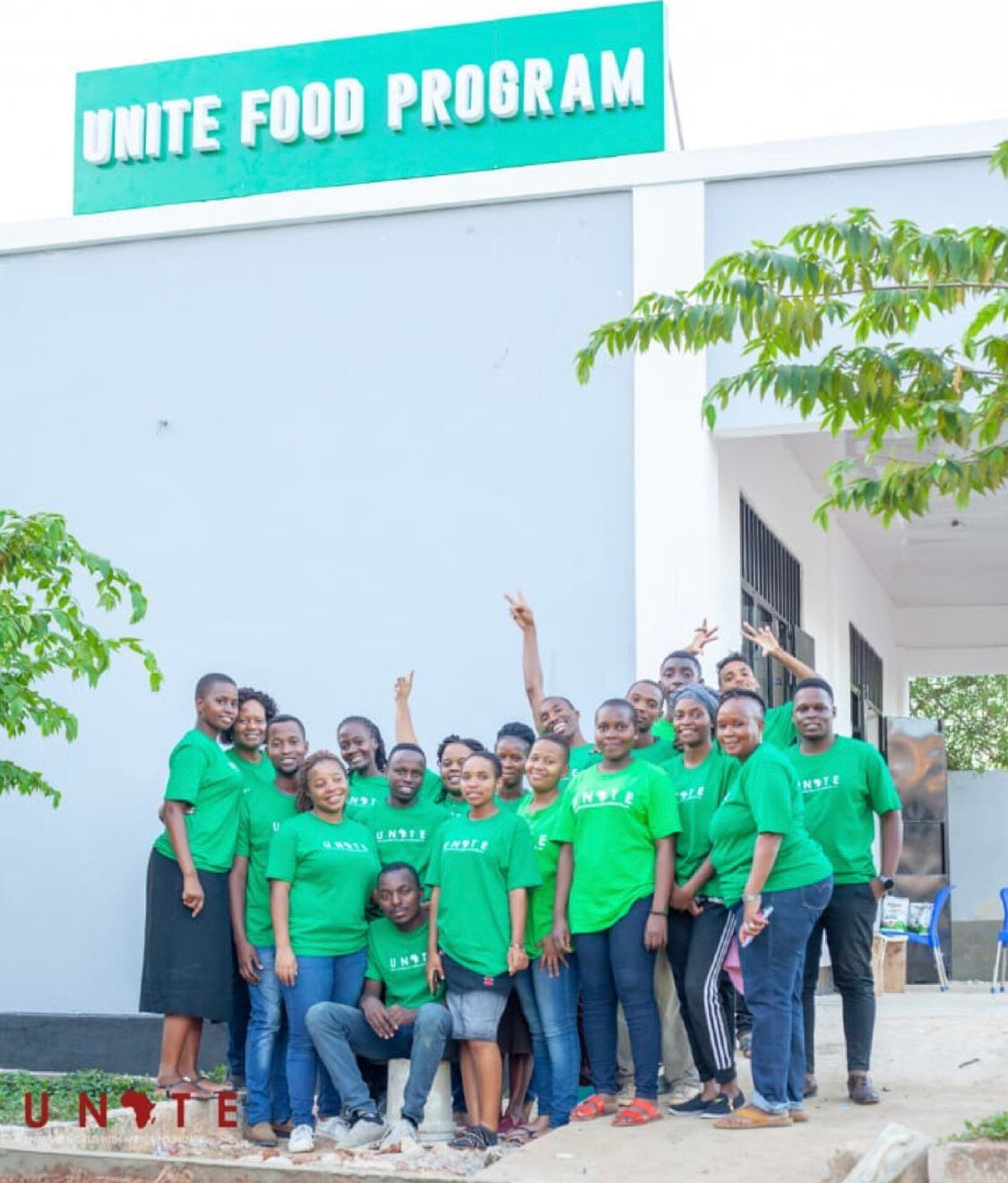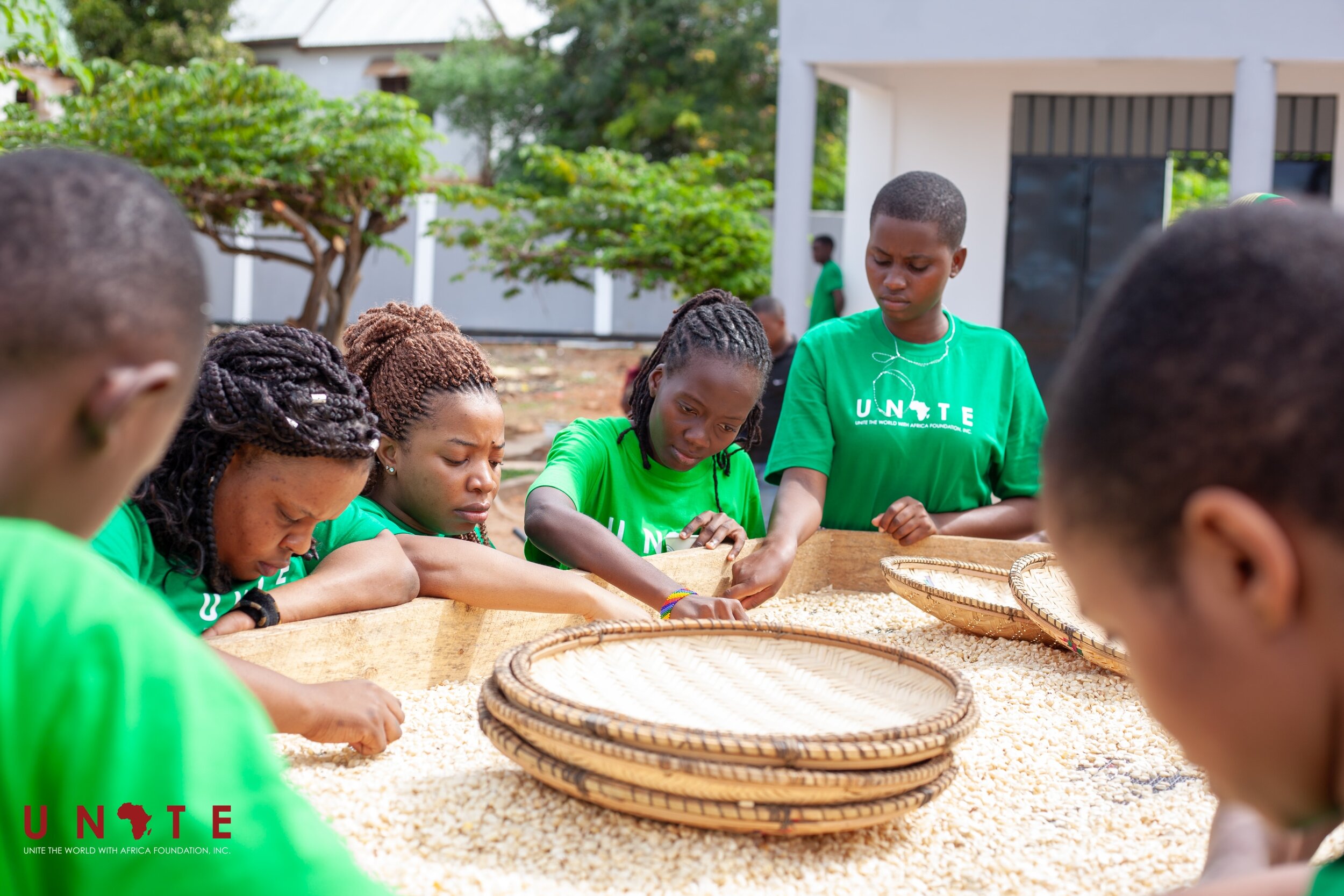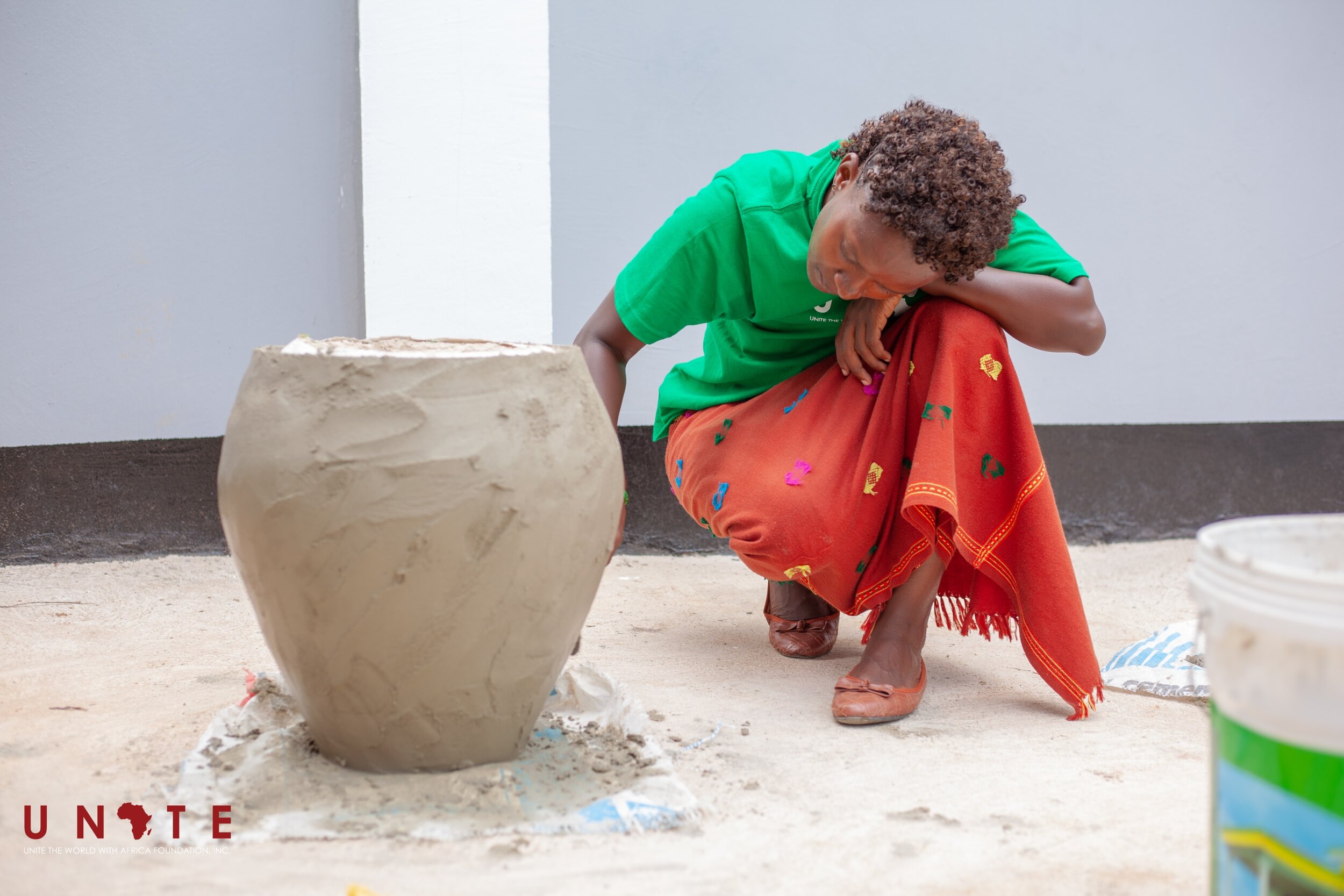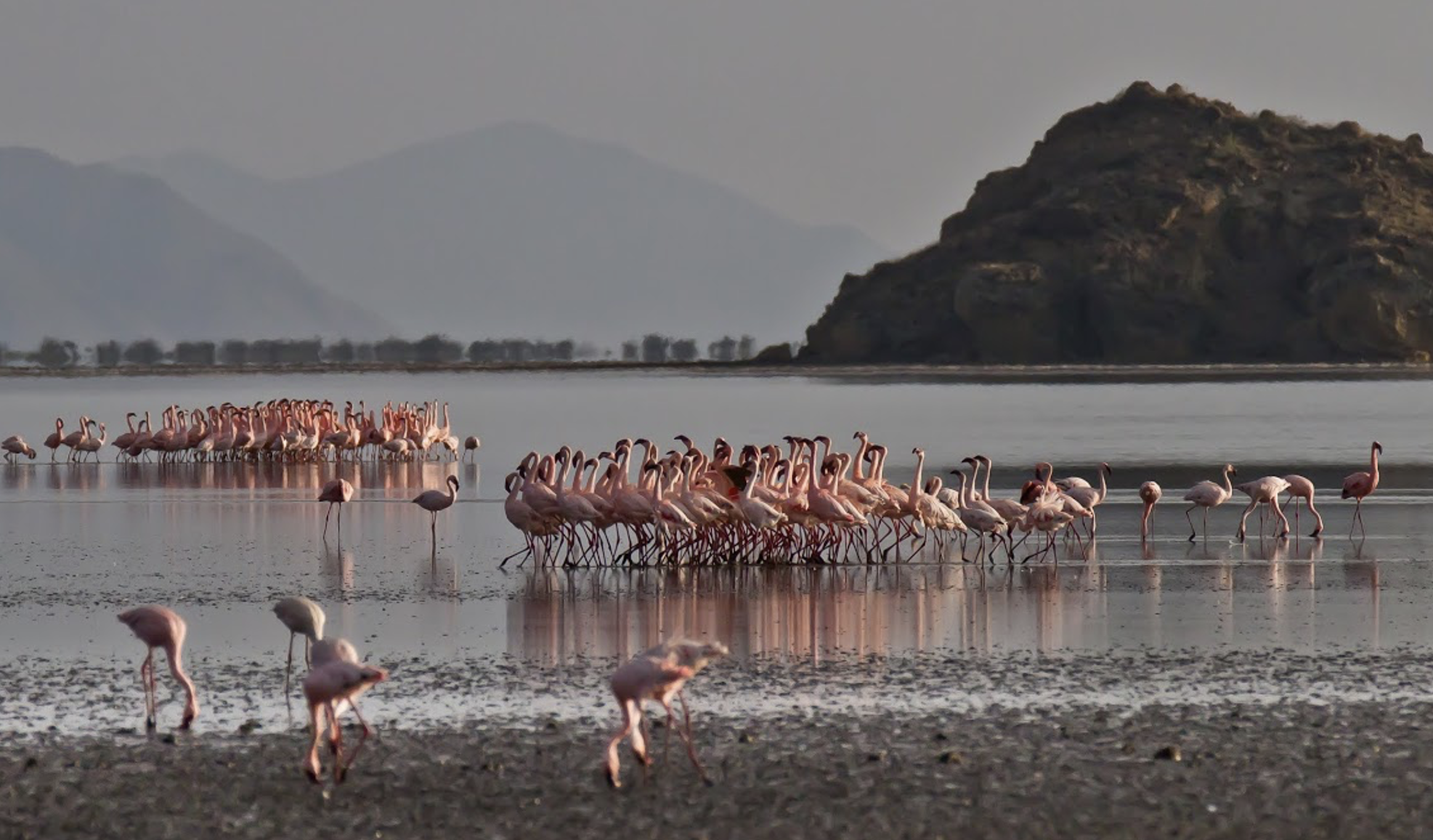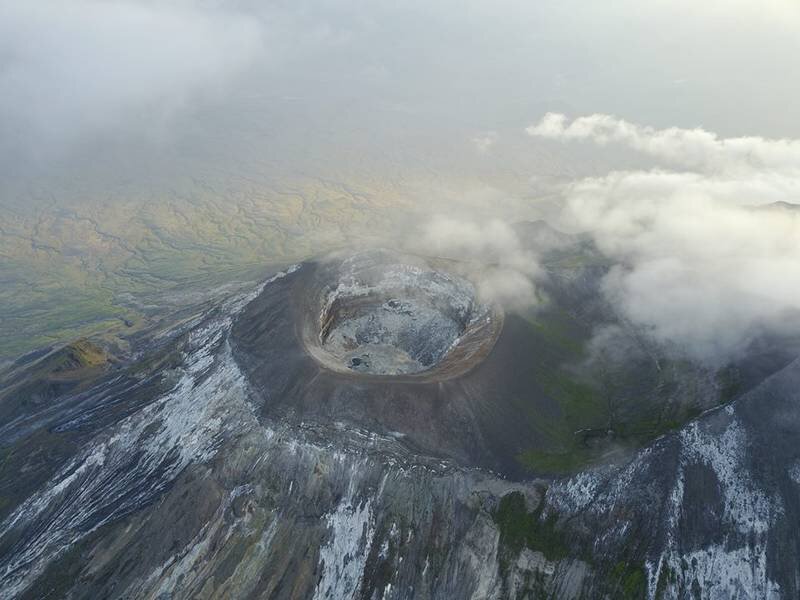“Never doubt that a small group of thoughtful, committed people can change the world. Indeed. It is the only thing that ever has.” – Margaret Mead
***
Unite Program Director Anty Marche, Unite Executive Director Anne Wells, Beyond St. Jude’s Manager Vivian Deus, Unite Environmental Scientist Clara Wilson Ngowi & Unite Board Member Dr. Nikki Gorman at The School of St. Jude in Arusha, Tanzania, in December 2021.
Collaboration, partnership, and the sharing of best practices and information to advance impactful work in service to those in greatest need… These are core principles of Unite. Here below, I am excited to share news of a number of new recent partnerships:
THE SCHOOL OF ST. JUDE (St. Jude’s)
The School of St Jude’s mission is to bring free, quality education to children living in poverty in Tanzania. Currently, St. Jude’s provides free education to 1,800 primary and secondary students and supports 100s of graduates with access to higher education. Unite is now working with “Beyond St Jude’s” to further serve their A-Level Form 6 graduates —all of whom are either seeking scholarships for university-level education and/or employment or enhanced employment opportunities across East Africa. To this end, Unite has granted St. Jude’s total access and use of Unite’s Soft Skills of Professionalism Curriculum, which features training modules covering such topics as self-awareness; communication, presentation, and listening skills; personal branding and the healthy and appropriate use of social media; networking; time management; applying for university-level scholarships as well as internships and career opportunities post-graduation; and preparing for interviews. Additionally, as part of this partnership, the students and graduates of St. Jude’s will now have open access to the Unite Passion Project video library, which features speakers from all around the world sharing about their work and how they achieved their dreams. Through these lessons and this broadscale exposure, we hope to help prepare these talented youth for a successful professional life after high school and/or university-level graduation. We will host the first Unite-led training workshops (alongside Unite travelers, partners, colleagues, and teammates) at St. Jude’s in June 2022.
“Over the years, St Jude students have excelled brilliantly in the fields of academics, sports, innovation, and many other extracurricular activities. An opportunity to further equip them with the 21st Century skills through the Unite Program will undoubtedly transform them into global citizens. We believe it's an opportunity to help our students and graduates become moral and intellectual leaders in community service, leadership, employment, and entrepreneurship.”
Simon Lucas, “Beyond St. Jude’s”
St. Jude’s Form 6 graduating class of 2021. Many of these students will participate in our Unite Pre-Professional Trainings in June.
THE GIRLS FOUNDATION OF TANZANIA (TGFT)
Unite is now working with the non-profit TGFT to expand the reach of our Unite Soft Skills of Professionalism Curriculum and Unite Passion Project. TGFT’s mission is to “educate Tanzanian girls to become informed and empowered leaders in their communities.” While TGFT will be using Unite’s curriculums on their own for the next few months, we will host our first Unite-led training workshop in July 2022, at the Henry Gogarty Secondary School in Arusha.
“Thank you so much for this opportunity. We want our students to become well-rounded leaders, which means we need to provide them with as many educational opportunities as we can. Girls need as many mentors and teachers to guide them, inform them, and inspire them… A good curriculum is worth its weight in gold. We need your curriculum. This is exciting.”
Nano Chatfield, Co-Founder and Chair, The Girls Foundation of Tanzania
Nano Chatfield (left back row) with some of the girls and staff of TGFT in Arusha.
Powerful statistics from TGFT
95% of Tanzanian girls do not graduate from high school
Only 17% of girls enroll in secondary school
Fewer than 4% of high school-aged girls complete secondary school
In 2021, Unite was introduced to Phil Fusco, Director of the USA-based charity Phillips Love Bears, by our long-time friends and supporters at Saint Peter Evangelical Lutheran Church in Southport, North Carolina. Phil and his wife Angela make and send teddy bears to orphanages and children in need all around the world — from Belize and Mexico to India and the Ukraine. The project was started for their son Phillip who was born in 1991 with a rare genetic disorder called Prader-Willi syndrome and sadly passed away in 2020.
To help support Unite’s artisans, Phil and Angela have engaged our Brave Widows (at fair market prices) to make the special shells that line their weighted and unweighted Teddy Bears and “Friends” as well as to make “teddy bear backpacks” for children to use to carry their special bears. We are grateful to Phillip’s Love Bears to providing a dignified source of steady work and income for the mamas enrolled Unite’s Brave Widow program. Additionally, Phillips Love Bears are now also supporting Unite’s young, wildly talented oil painter Maliondo Amini through the commissioning and publicizing of his art on their new online global marketplace. See www.phillipslovebears.com.
Click HERE to read a recent article in The Philanthropy Journal that discusses our partnership.
With six of Unite’s Brave Widows in December 2021.















